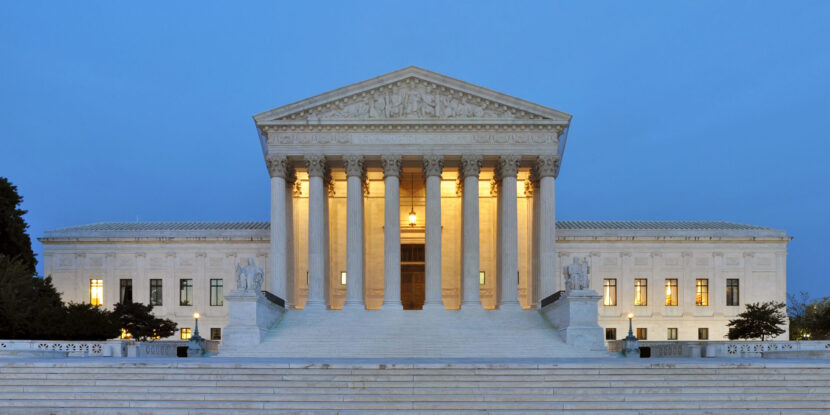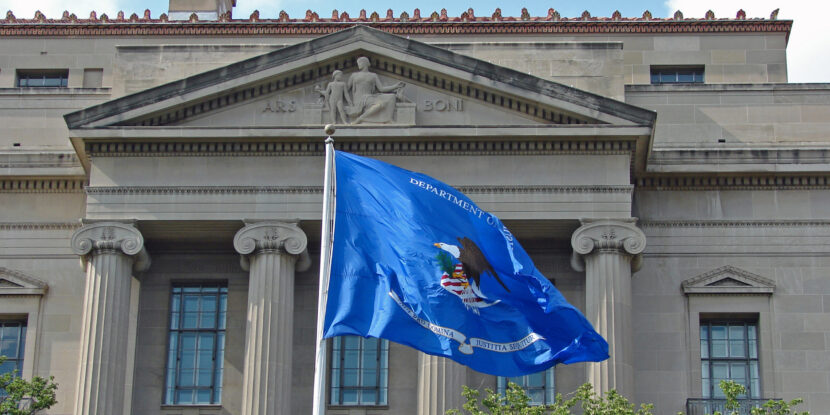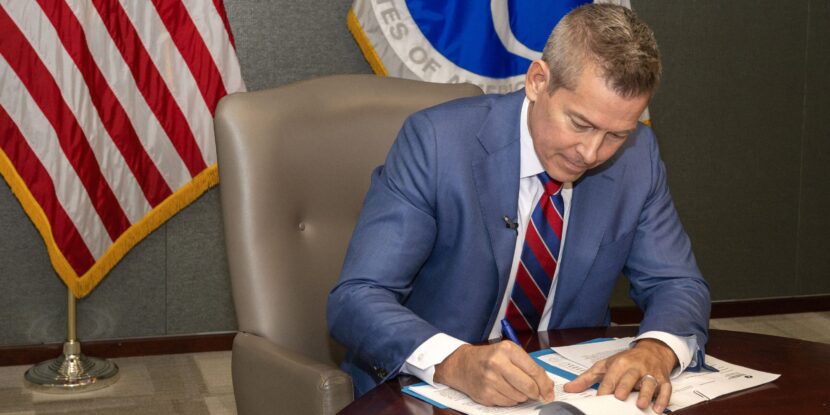France’s President Emmanuel Macron has selected former Brexit negotiator Michel Barnier as his new Prime Minister. However, his survival in the role could depend on the support of Marine Le Pen and the populist National Rally (RN).
Le Pen’s National Rally finished first in the popular vote and is the largest single party in the National Assembly, although a Macronist bloc and far-left bloc each have more seats than the RN combined. Still, the populists have many more seats than the establishment-right Les Republicains (Republicans), of which Barnier is a member.
Shortly after Macron announced Barnier’s selection this week, the New Popular Front (NFP) bloc of far-left parties, which has the largest share of assembly seats, vowed to immediately table votes of confidence against the new Prime Minister.
While Barnier has the support of the Republicans and Macron’s globalist-progressive bloc, they have only 213 seats together, well below the 289 needed for a legislative majority.
Le Pen‘s RN has 142 MPs, giving her and her party newfound power to shape the next government. They have already stated that their support will require stricter stances on immigration and security and the introduction of a proportional representation system in future elections.
If the electoral system were changed to proportional representation, where the popular vote equals the number of seats gained by a party, the RN could have as many as 192 seats, as they won just over 33 percent in the first round of voting.
Since the election, which took place in two rounds in late June and early July, the legislature has been unable to agree on a Prime Minister, as President Macron flatly refuses to endorse any of the leftist candidates.
The new role for Le Pen comes after Macron’s bloc and others excluded members of the RN from key positions in the legislature.



















